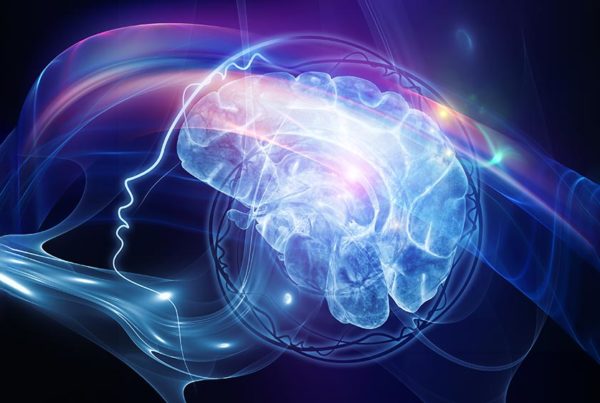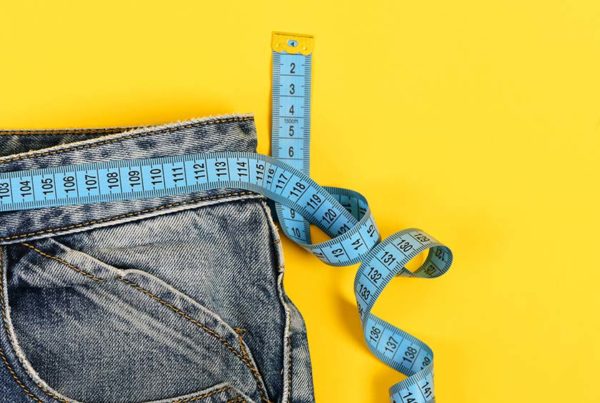Graceful or successful aging occurs only in a healthy body. It’s not just about avoiding wrinkles, but about retaining healthy skin and hair, a youthful body full of vigor, and a vibrant alert mind. The answer to the age-old puzzle of restoring youth is this:
Don’t lose it so quickly.
Many people say they feel or look older than they actually are. Aging is inevitable,but deterioration is not — the pace at which we’re pulled along in life can be influenced by our lifestyles. You really have two ages — chronological and physiological. Chronological age refers to how old you are, in years. Physiological age refers to how well your body functions. Those with good fitness and few risk factors for chronic disease are physiologically younger than those who are the same age but less healthy. In a way, it is possible to turn back time by being healthier than your chronological age would imply.
Scientists note three “levels” of aging: successful, usual and diseased. “Successful aging” results in a higher quality of life. “Usual aging” is the average. Finally, “diseased aging” results in low quality of life and slow death.
Average should be unacceptable, and diseased is no way to live or die. The better you age, the higher your quality of life, the more productive you remain, and the less likely you will die a slow, lingering death.
Virtually all mammals on earth have a lifespan six times their skeletal maturity. If we apply this animal model to humans, who reach skeletal maturity at about age 20, one should expect to live, on average, to age 120.
In fact, scientists have isolated the genetic blueprints that allow us to live into our hundreds. Following our understanding of gene expression, it may simply be that most individuals don’t allow that particular gene to keep them alive because diet, exercise, stress and other factors impair the genetic process.
The younger you are, physiologically, the more you can do to control how well you age. The older you are, the more you want to control aging. Regardless of your age now, your current actions can have significant impact on the way you age.
Seven Factors For Healthy Aging
In my years of practice and research I have identified several key factors that can have a direct and powerful impact on how successfully you age. As you read this list you’ll notice it’s a review of many concepts that I have put forth throughout my career.
- Brain nutrients and brain stimulation.
- Anti-inflammatory foods
- Antioxidant foods
- Blood-sugar control (and avoiding refined carbohydrates and sugars).
- Eating protein foods.
- Physical activity to get aerobically fit.
- Mental and emotional health — controlling stress.
Successful aging also includes the issues involving a person’s need to love, have fun, to socialize, and feel good about life. While volumes have been written about this subject, my contention is that when people take the necessary steps to better health, they feel better mentally and emotionally, and tend to socialize and enjoy life more, which leads to better overall mental health.
Lynn Peters Adler, a former lawyer who founded and runs the National Centenarian Awareness Project, has been working with centenarians for 25 years, and sees certain similarities among them, including:
- A positive but realistic attitude.
- A love of life.
- A sense of humor.
- Spirituality.
- Courage.
- A remarkable ability to accept the losses that come with age but not be stopped by them.
You can influence aging as much as you can influence disease prevention and most other factors associated with fitness and health. The most important factor is taking action. The first step in this process is entirely in your hands — you decide to increase your fitness and health, or, often through inaction, decide not to pursue fitness and health. Yet it’s my hope that you follow through on the affirmative. It’s never too late to make important lifestyle and dietary changes. And once that decision is made, you will happily discover that you have only just begun the exciting journey through the rest of your life.








